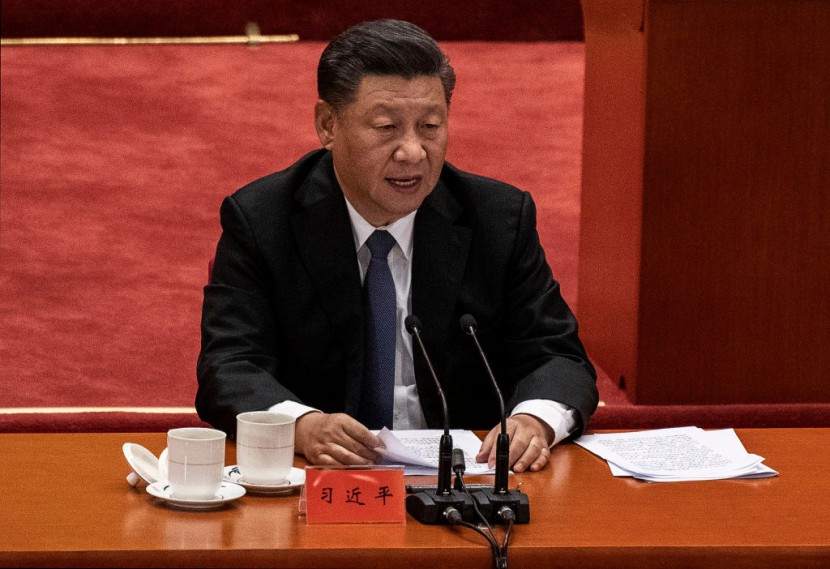
Xi Jinping on Thursday warned of a potential "Cold War" in the Asia-Pacific region amid rising tensions with the United States and Taiwan, admonishing against letting the issues cause a relapse into a dangerous mentality.
Xi's statements regarding the sidelines of the annual summit of the Asia-Pacific Economic Cooperation (APEC) forum came several weeks after the U.S., Britain, and Australia, announced a new security alliance. The cooperative effort in the region would see Australia building nuclear submarines which have received harsh criticisms from China.
Potential Cold War?
In a pre-recorded video to a CEO Summit at APEC that is hosted by New Zealand in a virtual format, Xi made his speech. Additionally, the Chinese president is set to participate in an online meeting that would be attended by other Pacific Rim leaders, including United States President Joe Biden, and is scheduled for Saturday.
During his address, Xi said that attempts to draw boundaries in the region along ideological or geopolitical lines would not succeed. "The Asia-Pacific region cannot and should not relapse into the confrontation and division of the Cold War era," said the Chinese president, the Associated Press reported.
Additionally, Xi said that the Asia-Pacific region should do what it can to keep supply lines working properly and work on liberalizing trade and investment. The Chinese president said his country will continue to stand firm in advancing reform and will open up to support economic development.
The official said that the country's priority in the meantime is fighting against the coronavirus pandemic and successfully emerging from its shadow as soon as possible. Nearly three billion people were members of APEC and account for roughly 60% of the world's GDP. However, tensions have been rising between 21 nations and territories in recent months, including the U.S., China, Taiwan, Russia, and Australia.
China has long since claimed that it has authority over the majority of the South China Sea and other areas. The Communist Party has continued to conduct aggressive military actions, building islands in many disputed areas while asserting historic claims, Fox Baltimore reported.
Rising Tensions Among Nations
Xi's statements citing the Cold War were an apparent reference to efforts by the United States with regional allies and partners, including India, Japan, and Australia. On Tuesday, The Chinese military said that it performed combat readiness patrol in the direction of the Taiwan Strait. The efforts came after the country's Defense Ministry condemned a U.S. congressional delegation that visited Taiwan.
Many allies were concerned after combative U.S. diplomatic exchanges with China early in the Biden administration. The situation comes as American officials believe that direct engagement with Beijing was the best way to prevent potential conflict between the two superpowers of the world.
Authorities have not yet revealed a scheduled date of when Biden and Xi could meet face to face but a person familiar with the matter said that it could happen as soon as next week. The meeting could see a significant shift in how relationships between international powers could affect each other, Yahoo News reported.
Related Article:
© 2026 HNGN, All rights reserved. Do not reproduce without permission.








